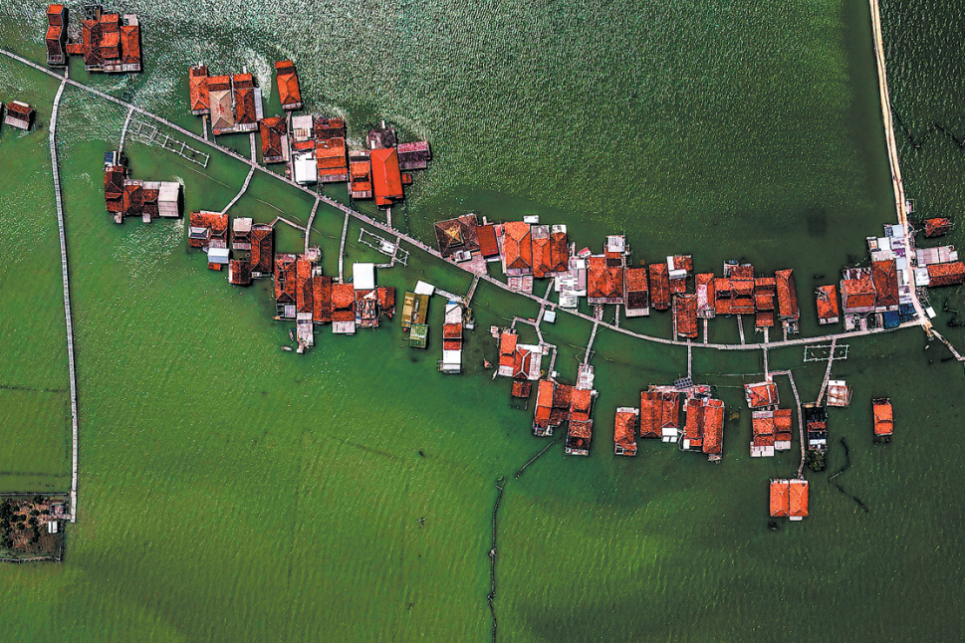South-South cooperation key to Africa's climate resilience
By SHARON NAKOLA in Addis Ababa | China Daily Global | Updated: 2025-09-18 09:34
Africa should accelerate South-South cooperation in fighting climate change for homegrown and shared innovations to help farmers and communities adapt to worsening climate shocks, experts say.
The Global South is not only a recipient but a generator of new technologies, they said, adding shared vulnerabilities offer fertile ground for affordable and flexible climate solutions tailored to African realities.
Thomas Asare, assistant secretary-general at the World Meteorological Organization, said the Global South is a vital source of innovation for Africa.
"South-South cooperation enables the transfer and upscaling of key technologies that empower low-income communities to build resilient livelihoods," Asare said at the Second Africa Climate Summit held in Ethiopia's capital Addis Ababa last week.
Examples include low-cost irrigation systems, drought-tolerant crops and electronic weather advisory services, he said, adding such approaches — already deployed in Asia, Latin America and the Caribbean — could be adapted and scaled across Africa.
Abebe Haile-Gabriel, assistant director-general and regional representative for Africa at the Food and Agriculture Organization, said Africa has already benefited from a large number of South-South projects, including those led by China.
China stands out as the largest partner in the FAO's cooperation portfolio on the continent, providing not only technical expertise but also financing and access to markets, he said.
"In terms of magnitude, the Chinese experience is very distinct because it combines technical knowledge with financial resources and market access.
"It is end-to-end — from identifying needs, designing solutions, supporting production and finally linking to markets."
He explained that countries with clearly defined strategies, such as targets for self-sufficiency in staple crops, are better placed to benefit.
Martin Krause, director of the climate change division at the United Nations Environment Programme, said Africa could leverage its longstanding ties with China to advance digital tools. These technologies, he said, can help vulnerable farmers and communities adapt to changing weather patterns.
"China has made great strides in deploying such technologies," he said. "African countries can benefit from this progress, particularly where commercially available solutions can be adapted to local needs."
Yet, barriers persist, he added. Limited rural reach, inadequate financing, regulatory hurdles and lack of standardization often slow the spread of adaptation technologies, he said, urging stronger institutional frameworks, regional cooperation and predictable climate finance to address these challenges.
Ousmane Ndiaye, director-general of the African Center of Meteorological Applications for Development, said digital tools such as AI could strengthen climate resilience in sectors such as agriculture and energy—two pillars of Africa's sustainable development.
"AI could transform climate prediction," he said.
While the promise of AI is significant, experts warned that gaps in financing, computing resources and governance remain major challenges, calling for intensified South-South cooperation in the area.
"Collective action is the way forward," Ndiaye said, noting that Africa can harness AI not only to forecast climate risks but also to shape longterm resilience strategies.
























